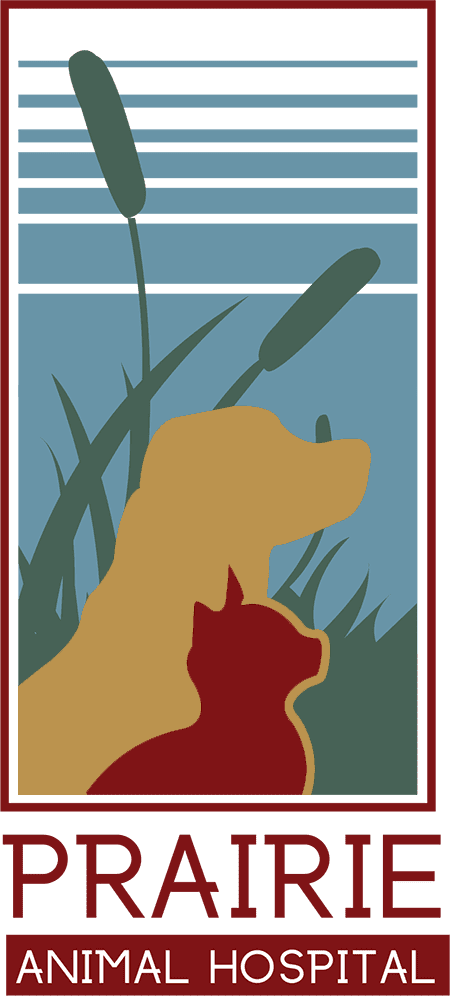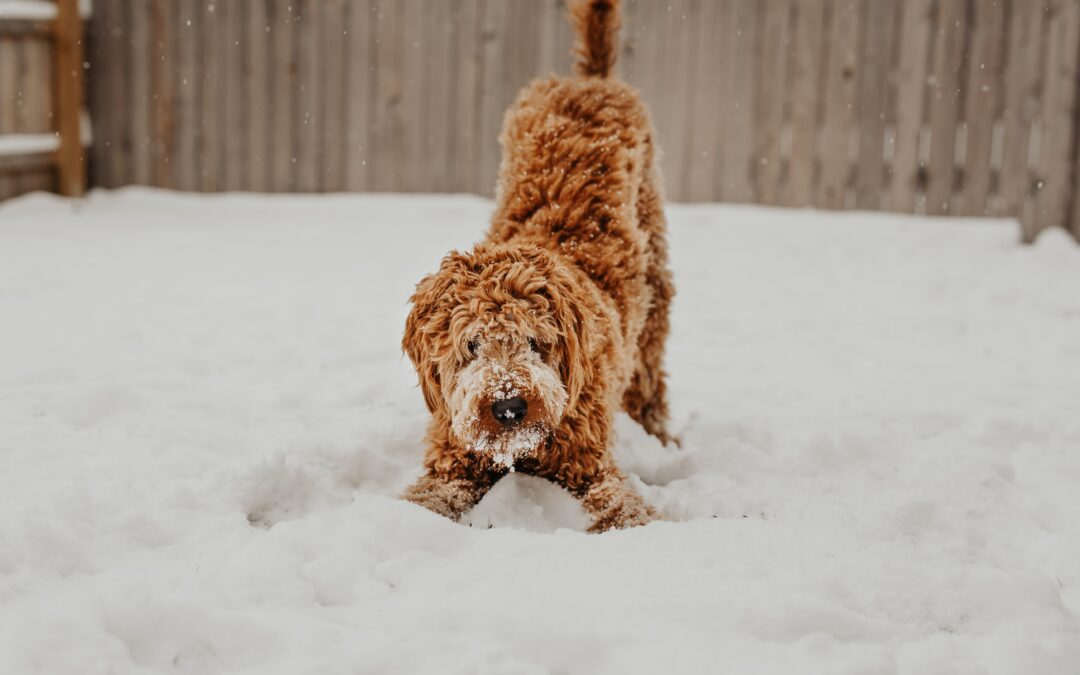As our furry friends age, they may face challenges in mobility, especially when it comes to navigating their home. As responsible pet owners, it’s crucial to provide our geriatric dogs with the support and care they need for a comfortable and active lifestyle. In this blog post, we’ll explore practical tips and advice on helping your senior dog walk around the house with ease.
Create a Senior-Friendly Environment:
To ensure a safe and accessible home for your geriatric dog, consider making a few adjustments. Remove any tripping hazards, secure loose rugs, and provide a clear path for your dog to move around. Elevated food and water bowls can also reduce strain on their neck and back during meals.
Invest in Supportive Flooring:
Hardwood or tile floors can be slippery for older dogs, making it challenging for them to maintain balance. Adding non-slip rugs or carpets in high-traffic areas to provide better traction. which minimizes falls and injury. This simple addition can make a significant difference in your dog’s confidence while moving around.
Provide Joint Support:
Aging dogs often experience joint issues, such as arthritis. This can be at least up to 80 % of dogs have arthritis by 9-11 years old. Consult with your veterinarian to explore joint supplements or medications that can alleviate discomfort and improve mobility. We love Adequan and Omega 3 ( from Bayer) Additionally, consider incorporating a comfortable orthopedic bed to support their joints while resting.
Gentle Exercise Routine:
Regular, low-impact exercises tailored to your dog’s abilities can help maintain muscle mass and joint flexibility. Short, leisurely walks or gentle indoor activities can contribute to overall well-being. Always consult with your vet to determine the appropriate exercise regimen for your geriatric dog.
Assistive Devices:
Depending on your dog’s needs, you might consider using assistive devices such as ramps or stairs to help them reach elevated areas. These tools can be particularly useful for couches or beds, ensuring your senior dog can still enjoy their favorite spots without straining.
Regular Veterinary Check-ups:
Schedule check-ups every 6 months with us to monitor your geriatric dog’s health. Early detection of age-related issues allows for prompt intervention and improved quality of life. Discuss any concerns about mobility during these visits and work collaboratively on a proactive care plan.
Balanced Diet:
Nutrition plays a crucial role in the overall well-being of senior dogs. Opt for a high-quality, age-appropriate diet that supports joint health and provides essential nutrients. Your veterinarian can recommend specific diets such as bright minds, j/D or supplements tailored to your dog’s individual needs.

